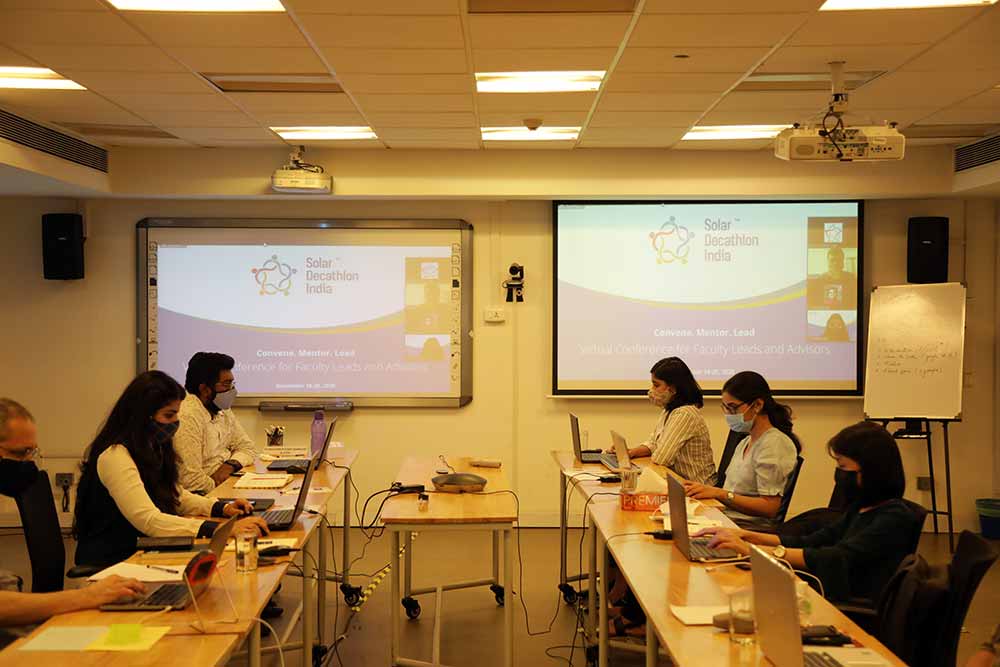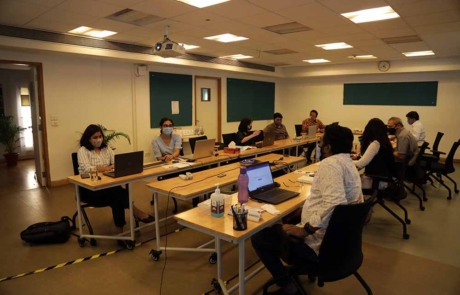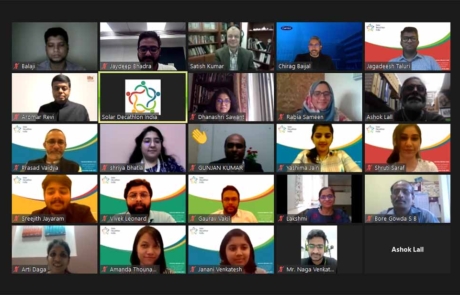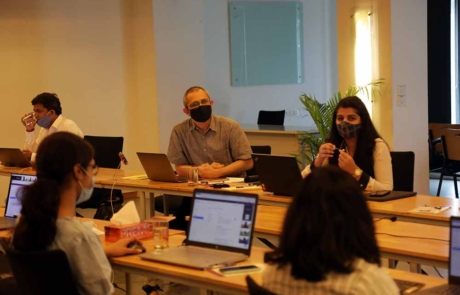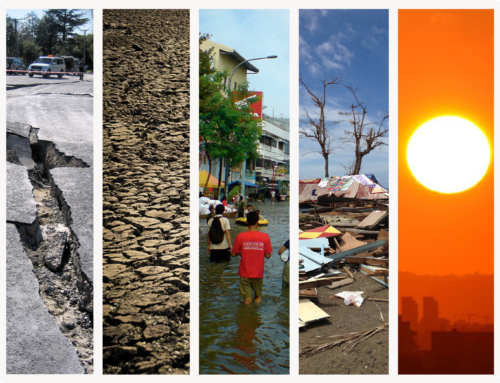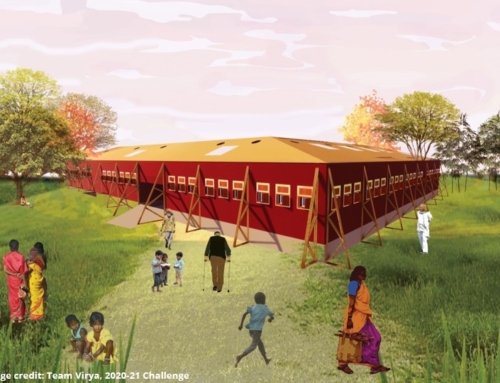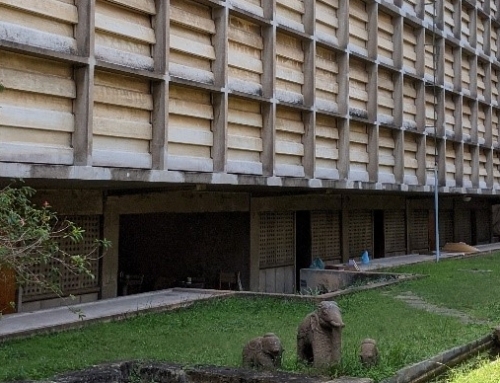Convene. Mentor. Lead
Faculty from Pan-India convene at Solar Decathlon India conference
December 12, 2020 | Janani Venkatesh
Solar Decathlon India conducted its first virtual faculty conference on 18,19,20 December 2020 where over 40 faculty mentors of participating teams came together to share their experiences of guiding teams in the competition. The conference constituted a series of panel discussions, presentations and break out group activities.
Solar Decathlon India is a collegiate competition where students are guided and mentored to build net-zero energy-water-waste buildings that are efficient and climate resilient. It was materialised by an MOU between the United States Department of Energy and the Indo-US Science and Technology Forum. The implementing partners of the competition are the Indian Institute for Human Settlements (IIHS) and the Alliance for an Energy Efficient Economy (AEEE). The challenge is taken up by 75 teams from 103 institutions in the country, who have partnered with real projects to design energy efficient and resilient buildings. Solar Decathlon India is supported by the Ministry of New and Renewable Energy and the Department of Science and Technology.
The faculty conference marked a Pan-India convention of faculty from architecture and engineering institutions, discussing ways to empower youth to lead the movement to combat climate change. The Director of Solar Decathlon India, Prasad Vaidya, started the event displaying snapshots of a dilapidated world under the effect of climate change, justifying the need for the Solar Decathlon India challenge. The challenge will build capacities among the youth to develop energy efficient designs in the buildings sectors, one of the largest contributors of green-house gases. Prasad pointed out that the India’s floorspace will increase with more than 60 million homes added in the residential sector alone in the next decade.
The core organising team of Solar Decathlon India is mainly comprised of alumni of Solar Decathlons held in other countries who understand the pulse of the challenge. Having carefully steered the competition to the end of stage 1, the team members shared their experiences in the onboarding process, where students had difficulty in finding project partners for collaboration. In terms of the learning plan, the engagement with the mandatory self-learning modules were low, and the core team encouraged the faculty to nudge the students to complete them. As alumni of Solar Decathlon, the core team members pointed out the importance of absorbing all the learning resources provided in the course to be better equipped for the design challenge.
Many alumni are also currently part of the Technical Resource Group set up by Solar Decathlon India, for students to obtain guidance. As this is the first Solar Decathlon in India, past experiences albeit from other countries are valuable learning resources for students. In a panel discussion, alumni and faculty mentors of previous Solar Decathlons presented their past work and shared their experiences in participating in the challenge. They presented their projects, highlighting their most successful innovations, and state-of-the-art designs. To most of the faculty mentors who attended the conference, it is a new experience. Having worked together with participating students for several months, they suggested feedback to address challenges and make the competition smoother going forward. However, the resilience and commitment of students to rise above these challenges to deliver was appreciated. Faculty members were enthusiastic of integrating the Solar Decathlon India challenge into the university curriculum. The need for integration of sustainability and energy performance in multi disciplinary courses was highlighted, to transform the current siloed nature of education. This will also address the lack of practical application of theoretical learning. In addition, capacity building of faculty on sustainable architecture and engineering was suggested as essential.
The keynote speakers for the conference Ashok Lall, Principal Architect at Ashok B Lall Architects, Chirag Baijal, Managing Director at Carrier India, Jagadeesh Taluri, an experienced architect with a background in finance, and Aromar Revi, Director at Indian Institute for Human Settlements examined the future of net zero and resilient buildings and the role of academia in creating a network of experts in the clean energy sector. The speakers pointed out that a unified approach to sustainability will include components such as passive design, efficient consumption of energy, engineering and others to work together, to improve occupant health as well as comfort. However, the important aspect of upscaling energy efficiency in buildings is by making it more affordable to the public. The buildings sector contributes to almost 30% of greenhouse gas emissions. Net-zero energy buildings (NZEB) will address this problem and support India emissions targets for COP26. However, there is a significant gap in the uptake of NZEB because of the myth that they are unaffordable. The Bureau of Energy Efficiency implemented the Energy Conservation Building Code (ECBC) in 2017 prescribing standards for energy efficient technology and design. However, adoption of the ECBC is voluntary unless made mandatory by state governments. Currently, only 11 states in India have adopted the ECBC norms, and virtually none of the local agencies are enforcing them. The speakers insisted on capacity building of government bodies in the buildings sector to implement ECBC thereby enabling a trickle effect in the private sector.
The key is to increase the productivity of energy efficient buildings by increasing access to all. Currently, over 75% of students who participated in Solar Decathlons previously are employed in the clean energy field. Solar Decathlon India attempts to reduce this gap between the demand and supply of NZEB by training young professionals to consider energy efficiency as a pre-requisite to design. With the team partnering with developers and real estate proponents, this challenge pulls the private sector into the process of innovation to combat Climate Change. The next decade is crucial for India to achieve the Sustainable Development Goals and India’s National Action Plan on Climate Change, and the next generation of young professional are the leading the way.

